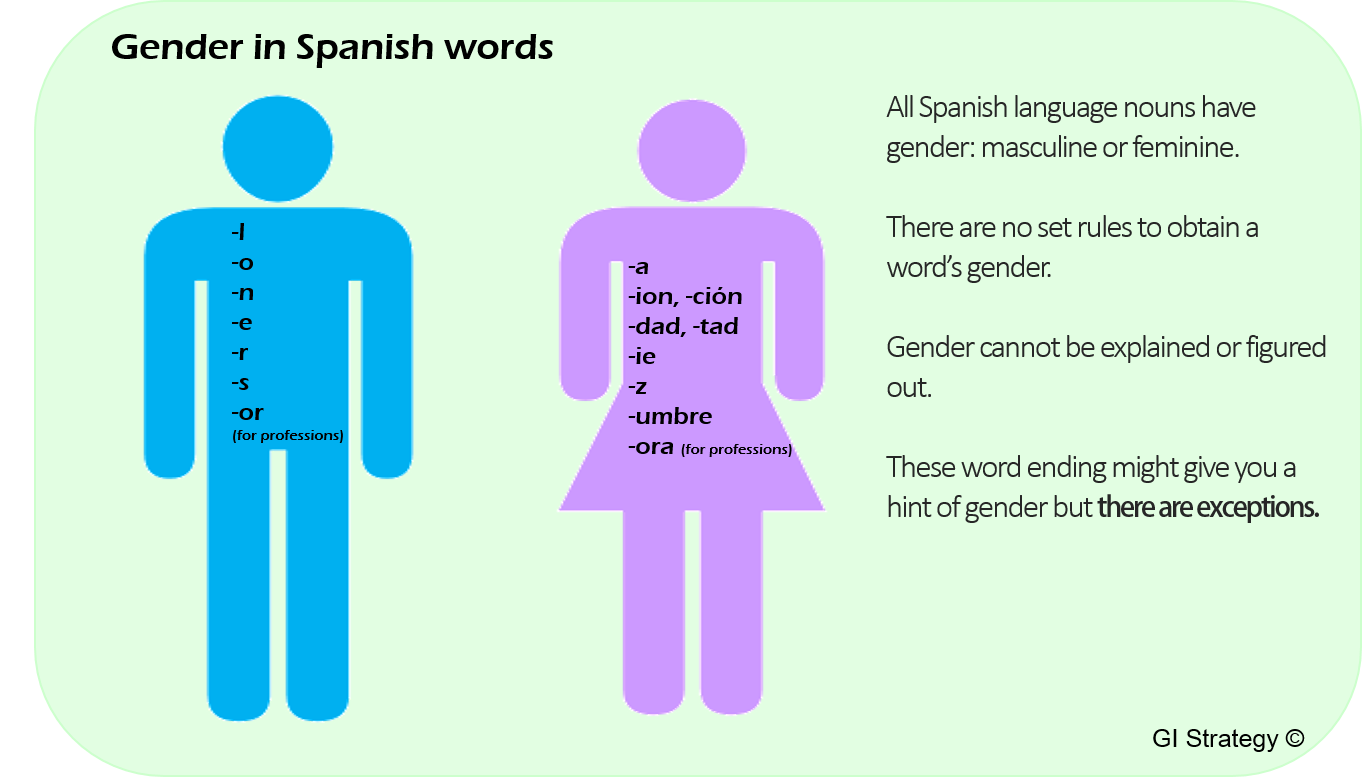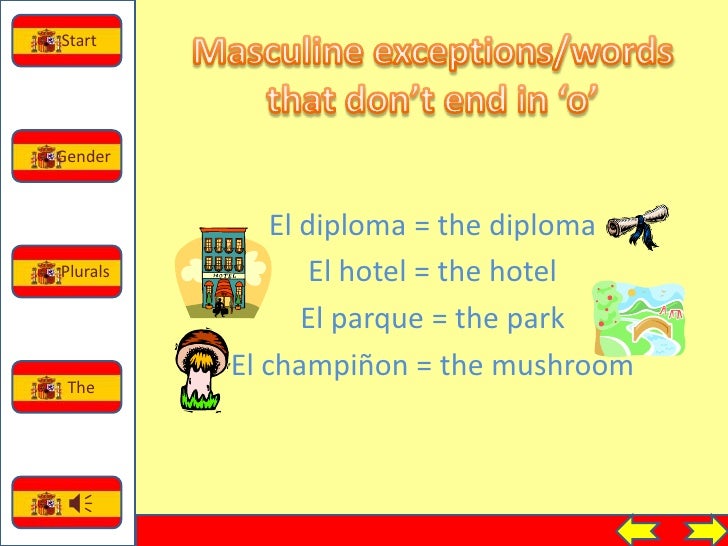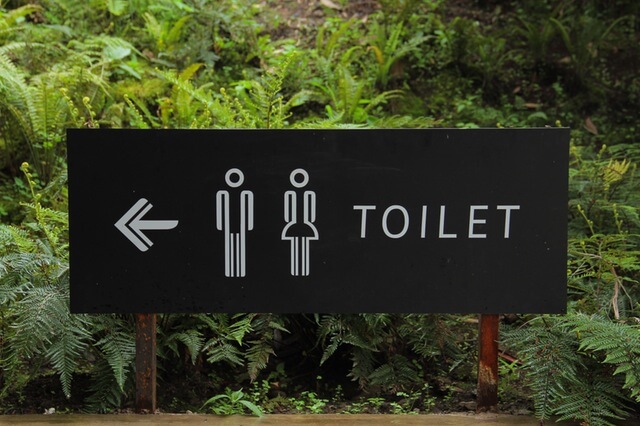Is Park In Spanish Masculine Or Feminine

On the contrary the noun pelota ball is feminine if you want to use those nouns with their corresponding definite articles you will say el libro the book and la pelota the ball.
Is park in spanish masculine or feminine. Thus foreign nouns that end in a sometimes become feminine as do some words related in meaning to a spanish feminine word. 3 details that are often overlooked to get a better sense of these concepts and much more look for examples of them on fluentu. M it s a lovely day for us to go to the park. Words ending in o are generally masculine while ones ending in a are generally feminine.
Spanish nouns have a gender which is either feminine like la mujer or la luna or masculine like el hombre or el sol. The general rule states that all spanish nouns are masculine or feminine. Any adjective used to describe an apple in spanish must also be feminine for example roja. Agreement or concord is a grammatical process in which certain words change their form so that.
For example apples manzanas are feminine in spanish so this word must be used with feminine articles like la las and una. Let s talk about gender. Now what about the noun agua wat. The default gender for foreign words adopted into the language is masculine but a feminine gender is sometimes acquired if there s a reason for doing so.
Gender is a grammatical property inherent in nouns. M it s a lovely day for us to go to the park. M fitz waited with the briefcase in the car park for the man with the diamond to show up. On the other hand bananas plátanos are masculine and must be used with masculine articles and adjectives.
Fluentu takes real world videos like music videos commercials news and inspiring talks and turns them into spanish learning experiences. According to their gender in spanish the nouns are masculine or feminine there are no neutral nouns but careful because there is a neutral article lo although it can only be used with adjectives lo amarillo te sienta muy bien and adverbs me impresiona lo lejos que has llegado the fundamental property of the genre is to mark the. Additionally in many languages gender is often closely correlated with the basic unmodified form of the noun and sometimes a noun can be modified to produce for example masculine and feminine words of similar meaning see correlation between gender and the form of a noun below. Spanish nouns have a gender which is either feminine like la mujer or la luna or masculine like el hombre or el sol.
The articles which accompany a masculine noun are el definite uno indefinite while the feminine ones are la definite una indefinite.
















